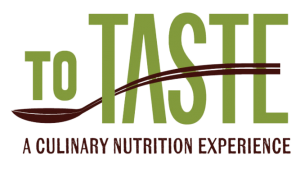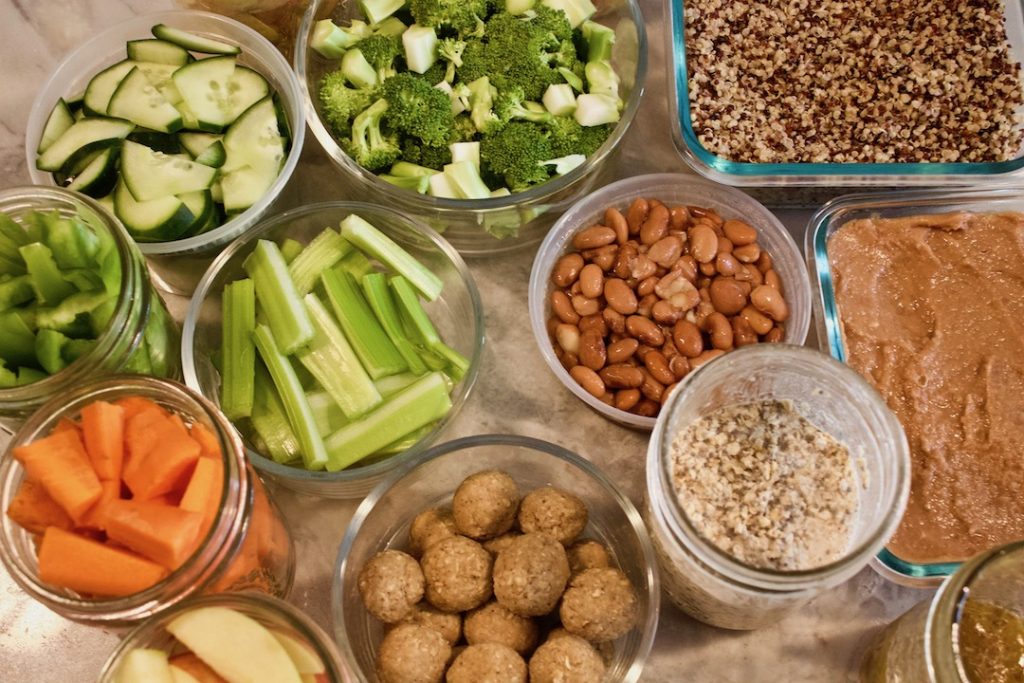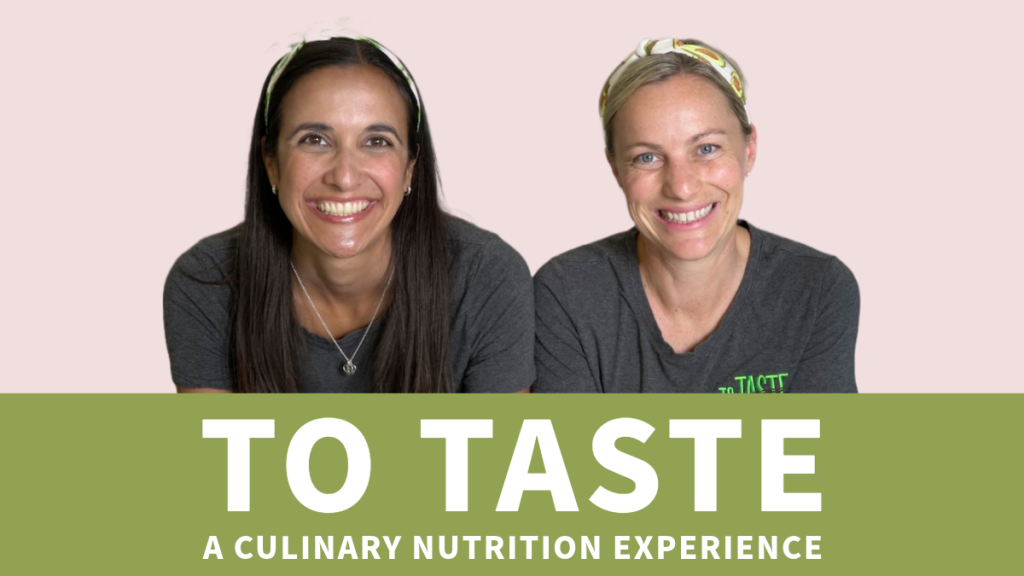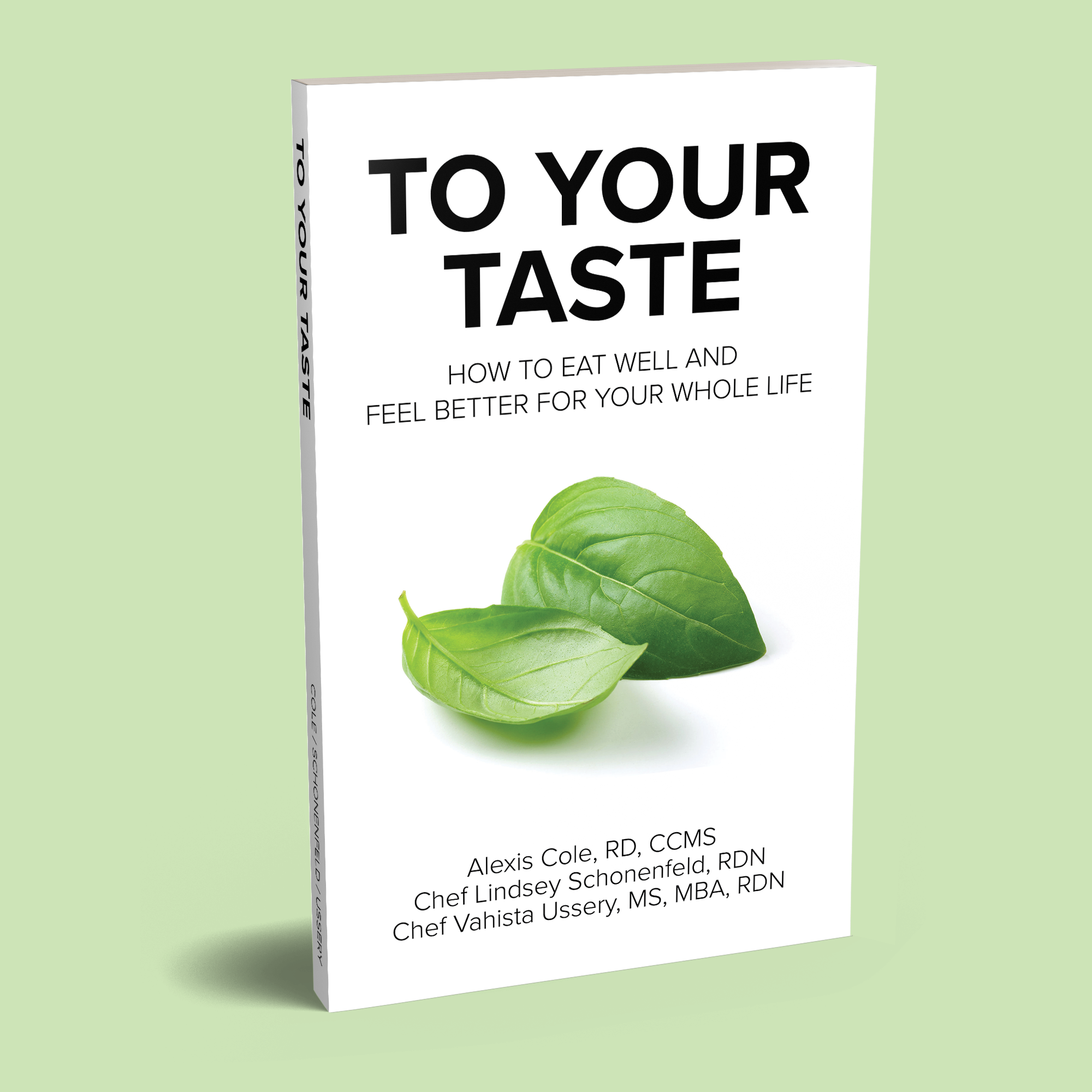Are you wanting to adopt a plant-forward diet but don’t know where to start? What’s the difference between vegan, plant-based, plant-forward, vegetarian, and flexitarian? How do you follow a plant-based diet without spending hours in the kitchen every day? We’ll cover all of this (and more!) in this article about plant-based meal prep. Plus, we’ll provide some delicious plant-based recipes that you and your family are sure to love!
What is “Plant-Based”?
If you’re new to plant-based eating, welcome! Interest in the physical, environmental, and ethical benefits of plant-based diets is on the rise. (1) However, there is still a lot of confusion and nuance around this term.
Let’s start by defining some terms that are often used interchangeably but that actually mean very different things.
- Vegan: does not consume any foods or products produced by an animal (e.g. meat, fish, poultry, eggs, dairy, honey, leather, certain cosmetic products, etc.). People may choose to be vegan for environmental, ethical, spiritual, or health reasons.
- Vegetarian: consumes mostly plants, with the exception of a few animal products. The most common form of vegetarianism – lacto-ovo-vegetarian – does not allow consumption of meat, poultry, or fish, but allows eggs and dairy products.
- Flexitarian: follows a mostly vegetarian diet, but will occasionally eat animal products, especially those that were sustainably or ethically raised.
- Plant-Based / Plant-Forward / Plant-Rich / Plant-Centered / Plant-Powered / Whole Food Plant Based (WFPB): consumes mostly, if not exclusively, plant foods. Individuals following this eating pattern consume the majority of their calories from plant sources (e.g. fruits, vegetables, legumes, whole grains, oils, nuts, seeds). Most of these diets emphasize avoiding processed foods and instead focusing on whole, nutrient-dense plant foods (2).
- Junk Food Vegan: this is a loose term that refers to someone that does not consume any animal products (meat, poultry, fish, eggs, dairy), but still consumes many highly-processed foods that do not support or promote health (e.g. potato chips, meat alternatives, dairy-free desserts, packaged snack foods, etc.).
At To Taste, we promote a plant forward eating approach in which one consumes the majority of their calories from plant sources. We like the Menus of Change (collaboration between Harvard and the Culinary Institute of America) definition of plant-forward eating:
“A style of cooking and eating that emphasizes and celebrates, but is not limited to, plant-based foods—including fruits and vegetables (produce); whole grains; beans, other legumes (pulses) and soy foods; nuts and seeds; plant oils; and herbs and spices—and that reflects evidence-based principles of health and sustainability.”
This eating pattern is similar to that of the Mediterranean Diet and repeatedly demonstrates positive health outcomes. (3, 4, 5) We still support eating some animal products, such as cheese, yogurt, kefir, and fatty fish, but we recommend limiting the amount, and instead focusing on more plants at your meals. Use your own experiences, knowledge, beliefs, and ethics to guide what plant-based means to you.
Whatever you do or don’t choose to eat, remember that the foundation of a plant-based diet should be plants; most of us could do better to consume more plants – especially fruits and vegetables! (6) We encourage you to make small, gradual changes so that this pattern of eating can be enjoyable and sustainable over the long run.
If you don’t currently eat any plant-based meals, start by choosing at least one day each week to be a plant-based day, such as a Meatless Monday. Alternatively, find a few meals per week that you can limit animal products and focus more on plant-based foods, such a dairy-free smoothie or a grain salad. Keep reading for more healthy plant-based meal ideas!
Benefits of Following a Plant-Based Diet
Health Benefits
Following a plant-based diet can have many positive health outcomes. People that follow whole food, plant-based diets tend to have healthier body weights, decreased reliance on medications, and lower rates of cancer, cardiovascular disease, and type 2 diabetes. (7, 8, 9, 10, 11, 12) Additionally, plant-based diets tend to be significantly higher in fiber than animal-based diets. (13) Increased fiber consumption promotes a healthy immune system, proper bowel movements, mood regulation, decreased cancer risk, good cholesterol levels, and appetite regulation.
Environmental Benefits
Plant-based diets also promote environmental health, as plants require significantly less water and resources to grow, produce, and distribute. Locally grown products are even better for the environment, as they do not use large amounts of fossil fuels to be transported across the country or world. (14, 15, 16)
Financial Benefits
Plant-based diets can be less expensive than animal-based diets. Unprocessed, whole, plant foods tend to cost less than their animal counterparts. (17) Dry beans, whole grains, fresh/frozen/dried fruits and vegetables are some of the most cost effective foods to include when following a plant-based diet on a budget.
What is Meal Prep?
There are many ways to think of meal prep. Some people think of meal prep as making and arranging all of their meals for the week in pre-portioned containers. Others make a list of the recipes they are going to make throughout the week, and then prepare the ingredients as much as possible ahead of time. Some people do a combination of the two.
We don’t think that one way is necessarily better than the other; whichever one helps you eat balanced and nourishing meals throughout the week is the method you should follow!
Personally, we prefer the second method, as it keeps us from getting burned out on the same meals over and over again. Plus, it provides more options for variation which is a huge part of enjoying healthy foods!
Check out our article on Meal Planning for Beginners for a more comprehensive guide on meal prepping tips!
Meal prepping is easiest when you have a kitchen set up for culinary success. Having the right equipment handy, as well as a well-stocked pantry, fridge and freezer, can ensure you’re ready to meal prep for any week ahead.
Benefits of Meal Prepping
There are many benefits of meal prepping, which include savings on money, time, energy, and frustration. Although meal prepping may take a little extra time in the short term, the amount of time that it will save you throughout the week can’t be overstated!
Who benefits from meal prepping? Nearly everyone, we believe! Busy parents, working professionals, environmentalists, and even people that don’t like to cook all can benefit from meal prepping!
Spend a few hours on Saturday or Sunday (or whatever day works with your work schedule) to prepare ingredients that you know you will eat and enjoy the following week. These few hours of preparation will save you so much time and worry throughout the week to come. If you know you have a busy few weeks or months ahead, you can even invest a little bit of extra time on a free weekend to making a bunch of ingredients/meals that freeze well, such as stews, muffins, casseroles, beans, sauces, and breads. This will stock your freezer with nourishing meals that are ready to heat and eat!
Meal prepping can also save you money. When you know you have food already made at home, you are far less likely to swing through the drive-thru for an easy lunch or dinner.
Meal prepping is also great for your health! When you make all or most of your own meals, you get to choose the foods and ingredients that you consume, which means that you get to decide what healthy ingredients go into your body.
Additionally, meal prepping can save you a lot of worry and frustration as you try to figure out what to make for breakfast, lunch, or dinner every day. When you have the ingredients already prepared, or dishes already put together, you don’t even have to give your meal a second thought!
Finally, meal prepping is better for the environment! When you purchase fewer packaged or pre-made meals, you reduce packaging waste, which over time can have huge impacts on your carbon footprint!
You don’t have to meal prep for all of these reasons – pick one that is motivating to you, and use that to drive your desire to invest some meal prepping time on the weekend. We promise, it’s worth it!
What To Meal Prep on a Plant-Based Diet
So how do we combine these two concepts – meal prepping and plant-based diets – to build a healthy meal? By coming up with a list of foods that work well for meal prepping!
It helps to have a good working idea of what a healthy meal looks like, so check out our Healthy Plate Makeover article for lots of great ideas of what a healthy plate looks like. Try to include fruits, vegetables, whole grains, lean proteins, and healthy fats at each meal.
If choosing to follow a strictly plant-based diet, it’s especially important to focus on consuming high quality plant-based proteins so that you meet all of your nutrient needs. Consuming a variety of beans/legumes, whole grains, vegetables, nuts, and seeds will help you to meet these needs.
Read our “What to Eat on a Vegan Diet” article for more in-depth guidance.
Here is a general list of good things to meal prep for a week of plant-based eating. Keep scrolling for plant-based ideas specifically for breakfasts, lunches, dinners, and snacks.

- Cooked Beans/Legumes: black, black-eyed peas, garbanzo, lentils, kidney, white
- Baked or Marinated Tofu or Tempeh
- Hummus/Bean Dips
- Cooked Whole Grains: quinoa, brown rice, millet, whole wheat pasta
- Chopped Fruits and Vegetables: they will lose nutrients the longer they sit in the fridge, but if pre-chopping helps you eat more throughout the week, the marginal loss in nutrients is worth it!
- Roasted Vegetables: texture will change slightly as they sit in the fridge, but if this doesn’t bother you and you’ll eat more veggies throughout the week because of it, it’s worth it!
- Homemade Sauces: pesto, marinara, salsa, white sauce, peanut sauce
- Homemade Vinaigrettes
Flavor is the number one reason we choose certain foods, so be sure to have a variety of spices, herbs, condiments, and dressings on hand so that you can adjust any dish to YOUR taste.
Here are some of our favorite plant-based and/or vegan meal prep ideas. Many of these recipes freeze well, so prepare and freeze according to your needs and schedule.
Plant-Based Meal Prep for Breakfast
Plant-Based Meal Prep for Lunch/Dinner
Plant-Based Snack Ideas
Want more information on plant-based diets?
Whether you are a plant-based veteran, or are completely new to the world of all things plant-based, there are endless opportunities to learn more about this way of eating. Here are some helpful resources as you continue along your health journey. Although we recommend these as helpful resources, we don’t necessarily endorse everything claimed or stated.
Plant-Based Books & Cookbooks
In Defense of Food – Michael Pollan
Fiber Fueled – Will Bulsciewicz, MD
How Not to Die – Micael Greger, MD, FACLM
How Not to Die Cookbook – Michael Greger, MD, FACLM
The Blue Zones – Dan Buettner
The Blue Zones Kitchen Cookbook – Dan Buettner
The New Vegetarian Cooking for Everyone – Deborah Madison
Power Plates – Gena Hamshaw
Podcasts / Videos
Websites / Articles
Physician’s Committee for Responsible Medicine
T. Colin Campbell’s Center for Nutrition Studies
What are your favorite plant-based meals to prepare? We’d love to hear in the comments section below!
Here’s to plant-based eating to YOUR taste!
Lexi










